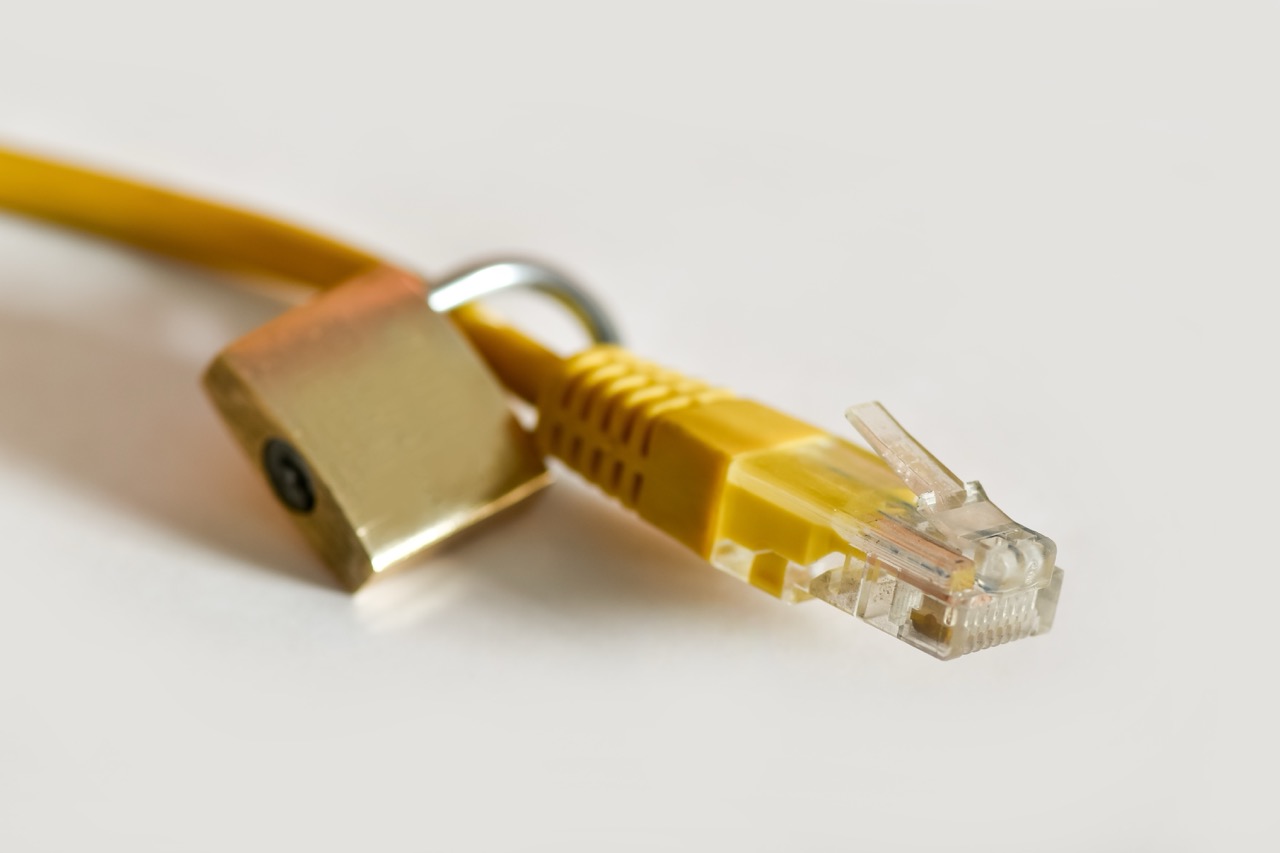In the evolving landscape of cybersecurity, threats from malware are becoming increasingly sophisticated and pervasive. As users and organizations strive to protect their sensitive information, Virtual Private Networks (VPNs) have emerged as a pivotal tool in the arsenal against cyber threats. By providing enhanced privacy, secure data transmission, and additional layers of protection, VPNs play a crucial role in safeguarding users from malware attacks. This article delves into how VPNs function and their specific features that contribute to malware protection.
Understanding VPN Technology and Its Security Features
VPN technology creates a secure tunnel between a user’s device and the internet, effectively masking the user’s IP address while encrypting data transmitted over the network. This secure connection is established through a process called tunneling, which encapsulates the data packets in a protective layer. Major VPN protocols like OpenVPN, L2TP/IPsec, and IKEv2/IPsec each utilize different methodologies to create this secure channel, ensuring that data remains private and unaltered during transmission.
A key feature of VPNs is their ability to employ strong encryption standards, such as AES-256, which is widely regarded as a robust method for protecting data. This level of encryption makes it significantly more challenging for cybercriminals to intercept and exploit sensitive information. Furthermore, many VPN providers include additional security features like kill switches, which disconnect a user from the internet if the VPN connection drops, preventing data leaks that could expose the user to malware.
In addition to encryption, VPNs often implement security measures such as DNS leak protection and split tunneling. DNS leak protection ensures that DNS queries are routed through the VPN, preventing third parties from tracking browsing activities. Split tunneling allows users to choose which applications route through the VPN, optimizing performance while maintaining security on critical applications. Together, these features enhance a user’s overall cybersecurity posture against malware threats.
How VPNs Encrypt Data to Prevent Malware Attacks
Data encryption is a fundamental aspect of how VPNs protect users from malware attacks. When data is transmitted over an unsecured network, it is susceptible to interception by malicious actors who can manipulate or steal the information. By encrypting data, VPNs ensure that even if an attacker manages to obtain the data packets, they would be rendered unreadable without the corresponding decryption key.
VPNs employ various encryption protocols to secure data traffic. For instance, the widely used OpenVPN protocol utilizes SSL/TLS for secure connections. This protocol not only encrypts the data but also authenticates the data packets to ensure integrity. Other protocols like L2TP/IPsec combine tunneling with encryption to provide a robust security framework, protecting against various types of attacks, including man-in-the-middle attacks that are common in malware deployments.
Moreover, the continuous evolution of encryption standards means that VPN providers are consistently updating their methods to counteract emerging threats. As cybercriminals develop more advanced techniques to exploit vulnerabilities, VPNs adapt by enhancing their encryption technologies, ensuring that users remain protected against new malware strains and attack vectors.
The Role of IP Masking in Malware Protection Strategies
IP masking is a significant aspect of VPN technology that contributes to malware protection. By hiding a user’s real IP address, VPNs prevent malicious entities from accurately targeting or tracking individuals online. This anonymity is particularly important in safeguarding personal information, as many malware attacks rely on identifying the user’s location or device to launch targeted attacks.
When a user connects to a VPN, their internet traffic is routed through the VPN server, which assigns a new IP address. This process not only obscures the user’s actual location but also makes it difficult for malware to exploit vulnerabilities based on identifiable information. As a result, users are less likely to fall victim to phishing attacks, ad fraud, and other forms of malware that utilize IP targeting.
Furthermore, IP masking helps prevent Distributed Denial of Service (DDoS) attacks, where multiple compromised systems flood a target with traffic to disrupt services. By masking the user’s IP address, VPNs make it challenging for attackers to identify and target specific devices. This added layer of protection is essential for gamers, businesses, and professionals who may be more susceptible to such attacks.
VPNs and Secure Browsing: Minimizing Malware Risks
The combination of VPN technology with secure browsing practices significantly reduces the risk of contracting malware. Secure browsing entails utilizing HTTPS connections, reliable web sources, and keeping software up to date. When paired with a VPN, these practices create a fortified environment where users can navigate the internet with higher confidence, knowing their data is encrypted and their IP is protected.
Moreover, many VPN providers offer integrated malware protection features that actively block access to known malicious websites. These services often include regularly updated databases of harmful sites and can prevent users from inadvertently downloading malware. By blocking these sites at the DNS level, VPNs create a formidable barrier against potential threats that could compromise user security.
In addition, using a VPN for secure browsing can help users avoid intrusive advertising and tracking scripts, which are often responsible for delivering malware. Advertisements can serve as conduits for malware distribution, and by using a VPN, users can minimize their exposure to such threats, further enhancing their browsing security.
Evaluating VPNs for Effectiveness Against Malware Threats
When selecting a VPN for malware protection, several factors must be considered to ensure effectiveness. First and foremost, users should look for VPNs that provide robust encryption standards, as the strength of encryption directly correlates with the ability to thwart malware attacks. Researching the protocols offered by different VPN providers can help users identify which services prioritize security.
Additionally, the reputation and track record of the VPN provider play a crucial role in evaluating their effectiveness against malware threats. Providers that are transparent about their security practices and have a history of performance in protecting users from malware should be prioritized. User reviews and independent security audits can offer valuable insights into how well a VPN performs in real-world scenarios.
Lastly, the presence of additional security features is important when assessing a VPN’s capability against malware. Features such as ad and malware blocking, DNS leak protection, and automatic kill switches are essential in creating a comprehensive security environment. Users should ensure that these features are not only available but are actively maintained and updated by the VPN provider.
Best Practices for Using VPNs to Enhance Cybersecurity
To maximize the effectiveness of a VPN in preventing malware attacks, users should adopt best practices that complement their VPN usage. First, users should always keep their devices and software updated. Regular updates patch vulnerabilities that malware can exploit, ensuring that users are protected against the latest threats in conjunction with their VPN.
Secondly, users should be cautious about using public Wi-Fi networks, even with a VPN. While a VPN encrypts data on public networks, additional security measures such as multi-factor authentication (MFA) can provide an added layer of protection. Additionally, users should avoid accessing sensitive accounts or conducting financial transactions over unsecured networks, as this can still pose risks despite VPN usage.
Lastly, users should educate themselves on phishing attacks and social engineering tactics that cybercriminals commonly employ. Being aware of the signs of phishing emails or malicious websites can significantly reduce the likelihood of inadvertently downloading malware. By combining VPN protection with knowledge and vigilance, users can create a robust defense against malware threats.
In conclusion, as malware threats continue to proliferate in today’s digital landscape, the role of VPNs in providing robust protection cannot be overstated. From encryption and IP masking to secure browsing practices and proactive threat blocking, VPNs offer a multifaceted approach to safeguarding user data. By understanding how VPN technology operates and adopting best practices, users can significantly enhance their cybersecurity posture and minimize the risks associated with malware attacks. Investing in a reliable VPN service is an essential step toward achieving a secure online experience.










